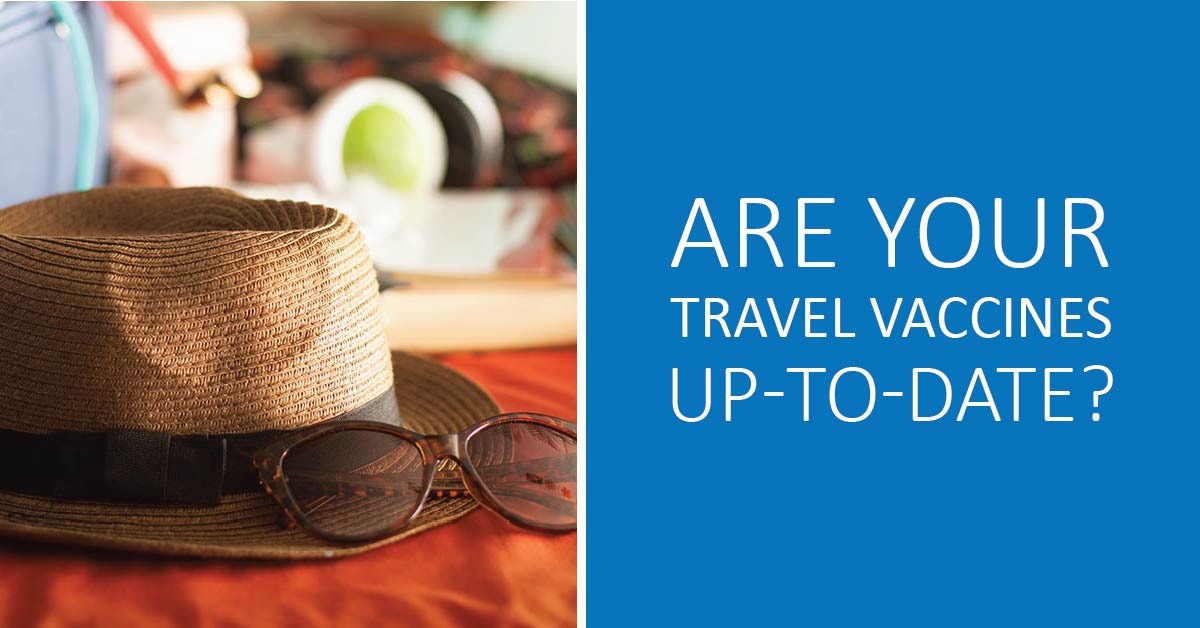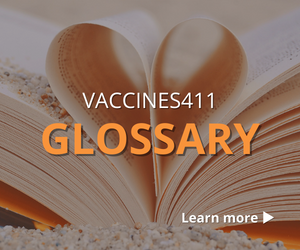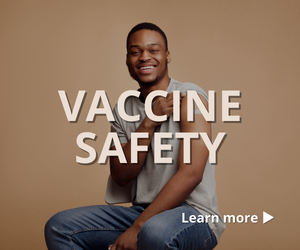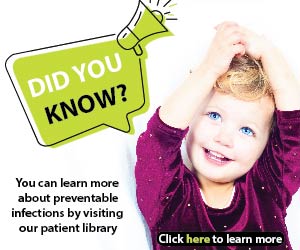
Vaccine eBrochures
Vaccines411 has curated this selection of e-brochures for you, to better guide you in your search for more complete vaccination information.
Browse the list of interactive microsites below from key contributors in the industry.
This information should not be used as a substitute for the medical care and advice of your doctor. There may be variations in treatment that your physician may recommend based on individual facts and circumstances.
This library is made possible with the help of our contributors.






